EU Excise Duty Guide: Rules, Payments, and National Variations Explained

For those unfamiliar with the meaning of excised duties, they are a type of indirect tax on the sale of specified goods. In the EU, goods subject to excise duties are divided into three categories. Although there are harmonized rules on the EU level relating to excise duties, EU Member States can define specific policies and rules that apply on a national level.
This article will provide insight into the harmonized rules and explain how Member States independently interpret and regulate these EU-wide rules in their national legislation.
Harmonized Rules on Excise Duties in the EU
Standard EU rules are defined by the Council Directive 2020/262 (Excise Directive), which lays down the general arrangements for excise duty and states that alcohol, tobacco, energy products, and energy are subject to excise duties.
EU-wide rules aim to secure the uniform application of excise duties on the same products across the EU. The main reasons are to strengthen the EU single market, prevent unfair competition between businesses, and make the administrative process more transparent and less complex.
EU harmonized rules set the minimum excise duty amount due for each state product. However, rules allow EU countries to impose other indirect taxes on excise goods as long as they comply with the EU-wide excise or VAT rules. Additionally, the revenue generated from the excise duties goes to the EU Member State, which charges and pays them.
Who Needs to Pay EU Excise Duties?
Depending on who the buyers of the goods are subject to excise duties, the duties may be paid by the authorized warehouse keeper, the sender, recipient, transporter, third party, or the person importing the goods.
The warehouse keeper, either individual or business, is responsible for paying the excise duty if the goods are produced, processed, stored, dispatched, or received at the warehouse. The sender, recipient, transporter, or third party providing a movement guarantee must pay excise duties when responsible for goods leaving the duty-suspension arrangement. Finally, the persons importing the goods must pay excise duties when they import goods without putting them on the duty-suspension arrangement.
The duty-suspension arrangement is an exemption under which certain goods, when met criteria, are not subject to excise and customs duties, are released for consumption, and enjoy freedom of movement within the EU.
When Are EU Excise Duties Due?
Under the EU rules, there is a difference between when the goods are subject to excise duty and when the due excise duty must be paid. As a general rule, excise goods are subject to duties at the moment of production or importation into the EU. However, the obligation to pay excise duties may be postponed and imposed only when the goods are released for consumption.
This means that when the goods are not released for consumption, no excise duties are imposed and need not be paid. The reason for not releasing goods into circulation for consumption may be the destruction or loss of the goods due to unforeseen reasons or natural disasters.
Where Are EU Excise Duties Due?
Generally, excise duties are paid in the EU Member State where the goods are located and sold to the end consumer. However, goods can be transported from one EU country to another under duty-suspension agreements until they reach their final destination.
In a situation where goods are released for consumption in one EU country and then sold to consumers in another EU country, distance sales, the destination principle applies, meaning that the goods are subject to excise duties in the country of purchase. The vendor is responsible for paying the due excise duty in this situation.
A reimbursement system was established to avoid double taxation; when excise duties have been paid in an EU country, goods are released for consumption and then transported to another EU country as the final destination.
National Implementations Of EU Excise Duties Rules
To better understand how the EU excise system works, we will examine the excise duties on alcohol, one category of goods subject to these duties.
Under the EU harmonized rules, the minimum wine rate is EUR 0 per hectolitre of product (EUR/hl). In France, there is a wide range of excise duties depending on the type of wine. For example, the excise for still wine is EUR 4.05/hl, for sparkling wine is EUR 10.02/hl, and for liqueur wine and natural sweet wine is EUR 50.6/hl.
The Netherlands took a slightly different approach and set the excise duty rate for sparkling and non-sparkling wine at EUR 47.95/hl if wines have less than 8.5% alcohol and EUR 95.69/hl for those with more than 8.5% alcohol. In contrast, Austria did not impose any excise duties on wines and sparkling wines.
For beer, for example, the excise duty rate is determined based on hectolitre per degree Plato or hectolitre per degree alcohol, set at EUR 0.748 and EUR 1.87, respectively, at the EU level. In France, those rates are set at EUR 3.98/degree/hl for beers with alcoholic strength below 2.8% and EUR 7.96/degree/hl for beers with more than 2.8% alcohol.
Austria imposed an excise duty of EUR 2/degree/hl on beer products, but beer must contain a minimum of 0.5% alcohol to be subject to excise duties. The standard excise duty on beer in the Netherlands is EUR 8.12/degree/hl, and the minimum amount per hectoliter is EUR 26.12.
Conclusion
As presented in this article, excise duties are essential for EU Member States to generate revenue for state budgets. Although the unified excise system exists at the EU level, the EU countries have significant autonomy in defining the rate of excise duties because only minimum rates are determined at the EU level.
Businesses involved in the sales and supply of goods and products subject to excise duties should allocate resources to understand what rates and rules apply in the EU country where they make those sales. To navigate this more easily, businesses can use the Access2Markets portal to find all relevant information on excise duties.
Source: European Commission - Excise Duties, Your Europe - Excise duties, Your Europe - Products subject to excise duties, Your Europe - Paying excise duties, Council Directive 2020/262 laying down the general arrangements for excise duty

Featured Insights
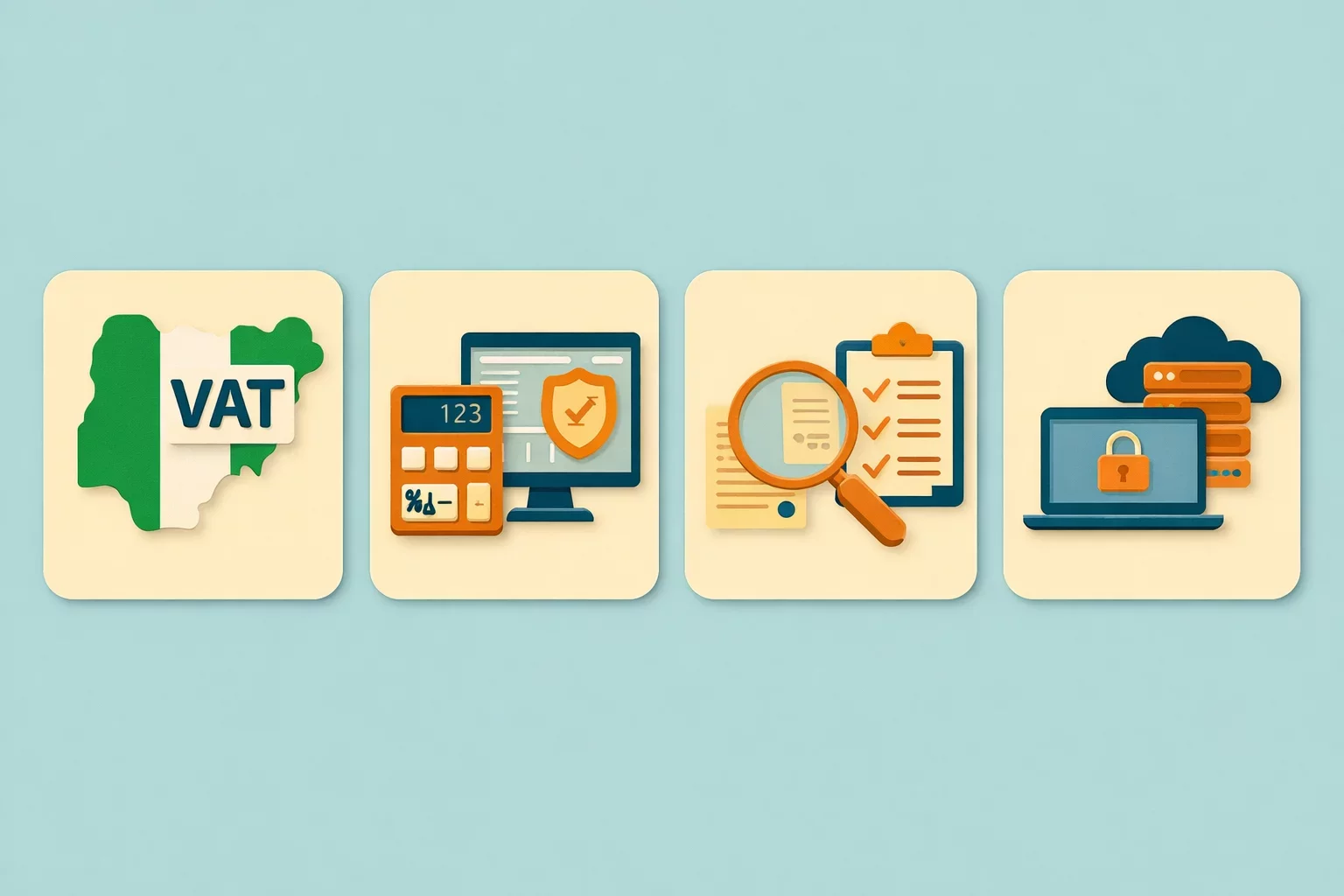
Nigeria VAT Compliance: TaxPro Max Explained
🕝 March 3, 2026More News from Europe
Get real-time updates and developments from around the world, keeping you informed and prepared.

EU Law Primacy in VAT: ECJ Rules on Hungarian National Practice

Appstore VAT Ruling: Who owns your In-App Purchase tax? C-101/24

VAT Treatment of EU-Funded Projects for Non-Profit Associations

Right to Deduct VAT on Fixed Asset Reconstruction: Court Ruling
-7xsxxoypnx.webp)
Italy’s EUR 1 Billion VAT Dispute with Meta, X, and LinkedIn Explained
-l0zcrrzvhb.webp)
EU 5% Digital Service Tax Could Generate EUR 37.5 Billion: CEPS Study

Restrictions on VAT Deduction: Key Legal Cases & Compliance Insights
-qsozqjwle2.webp)
EU Parliament Approves ViDA: VAT Reforms & Digital Tax Compliance

-e9lcpxl5nq.webp)




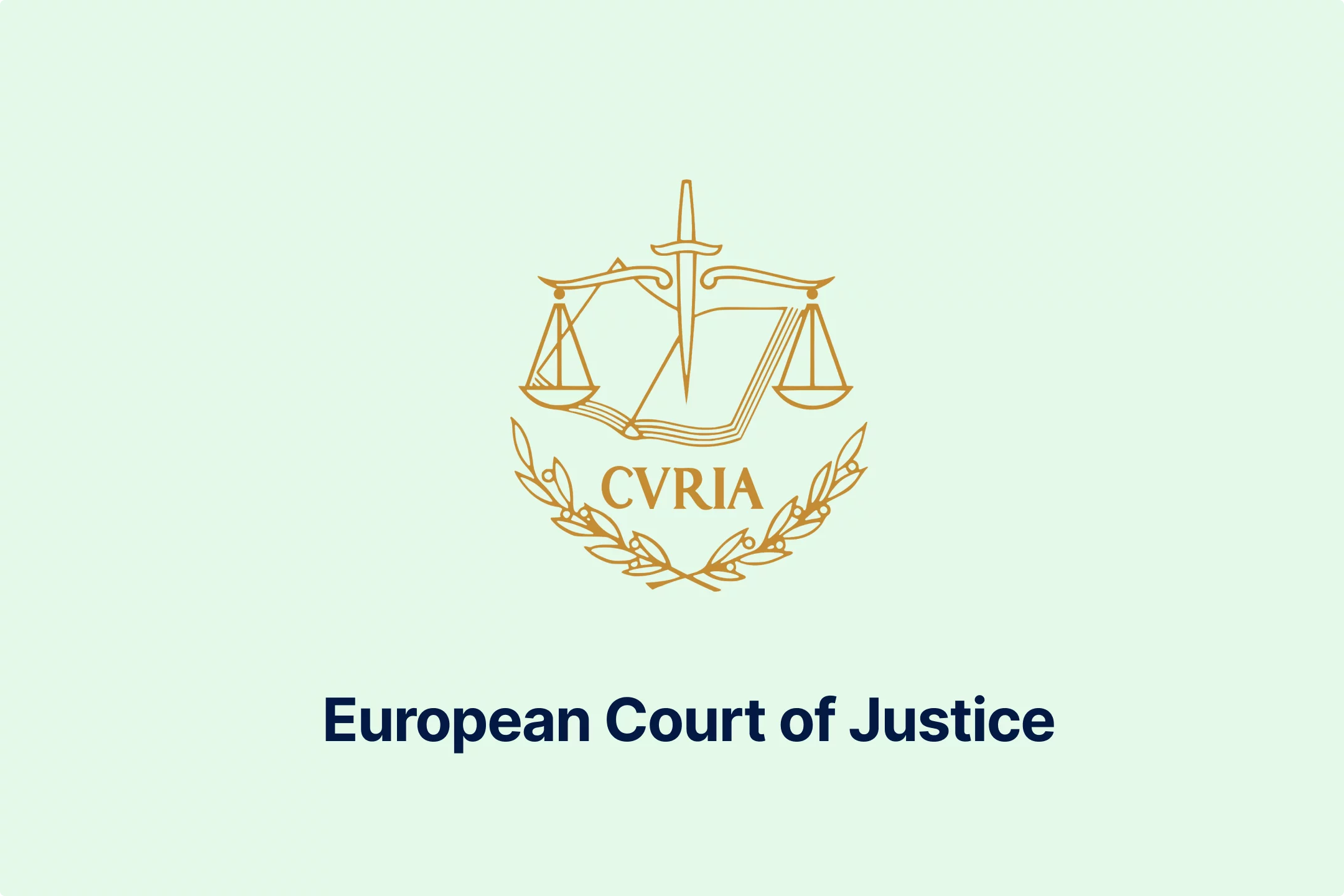
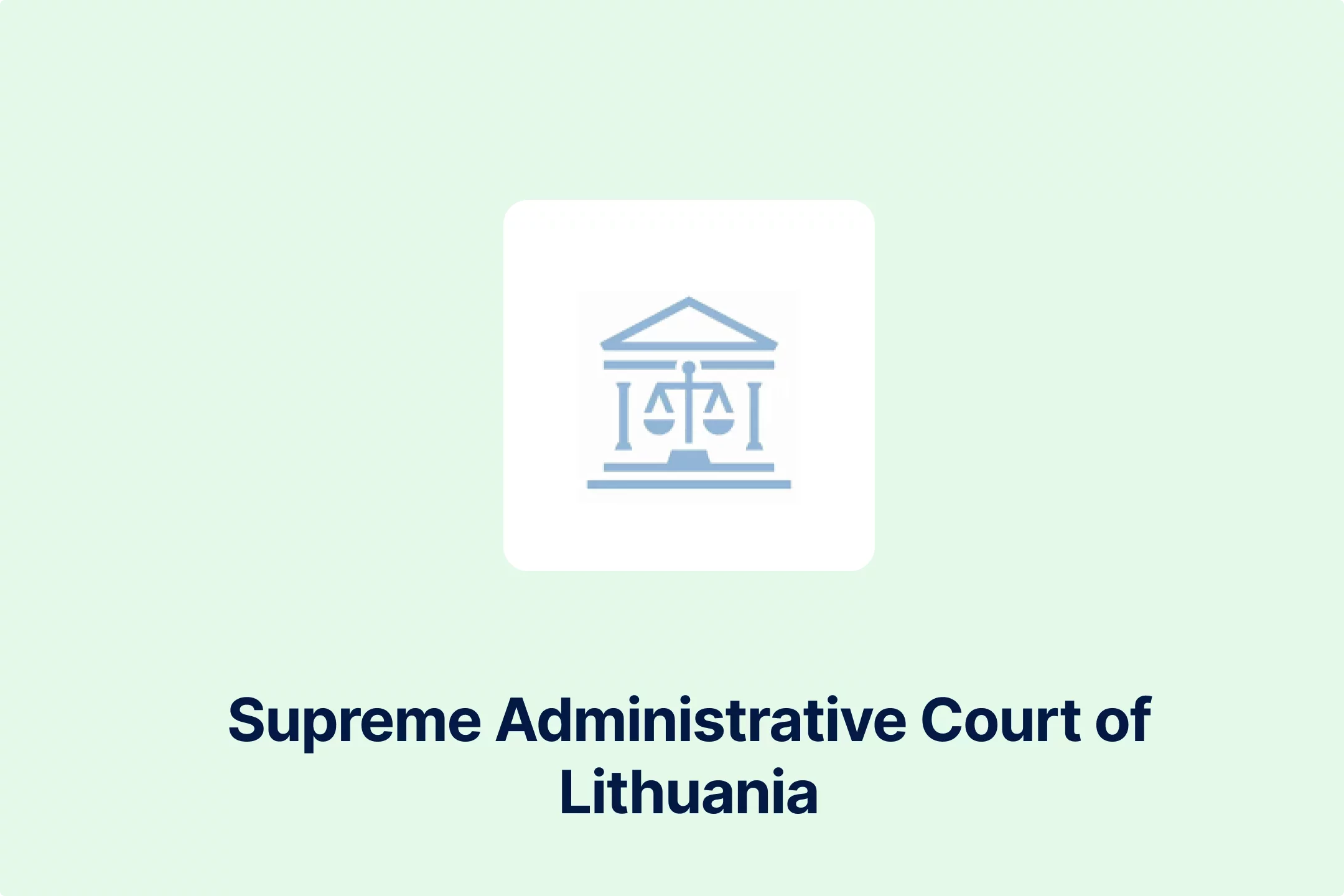
-zzrhegqsyq.webp)
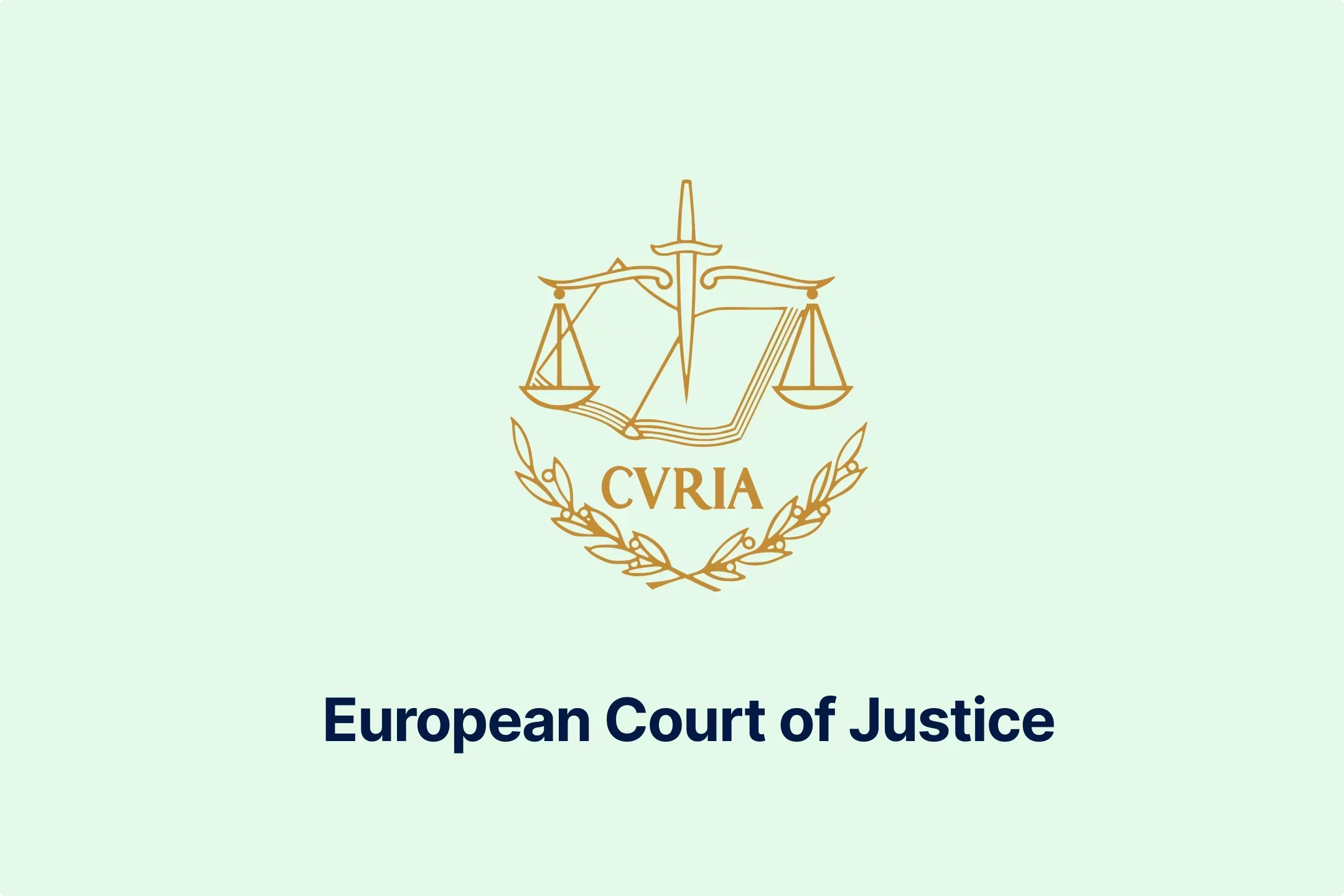
-ulcnia30z1.webp)
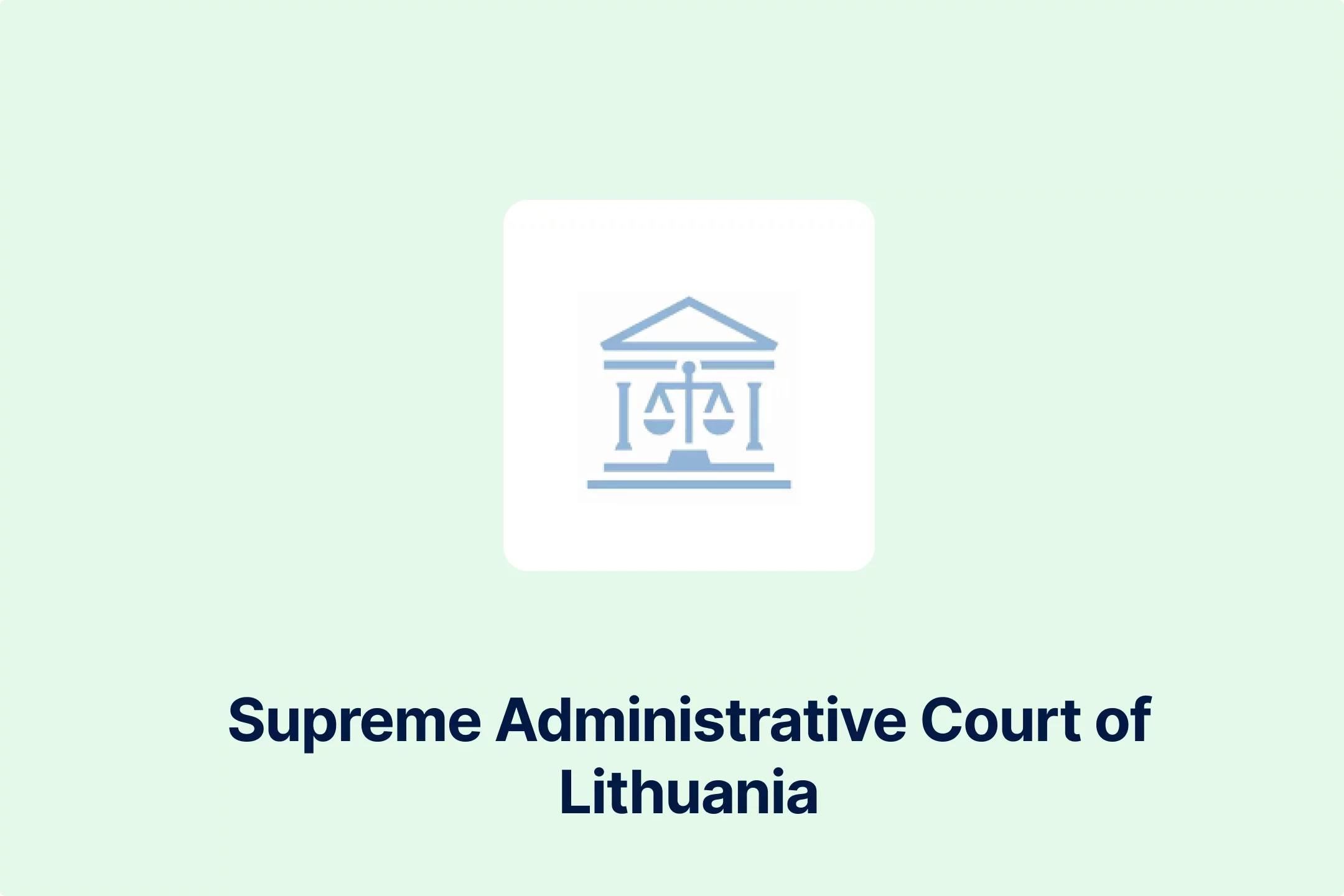
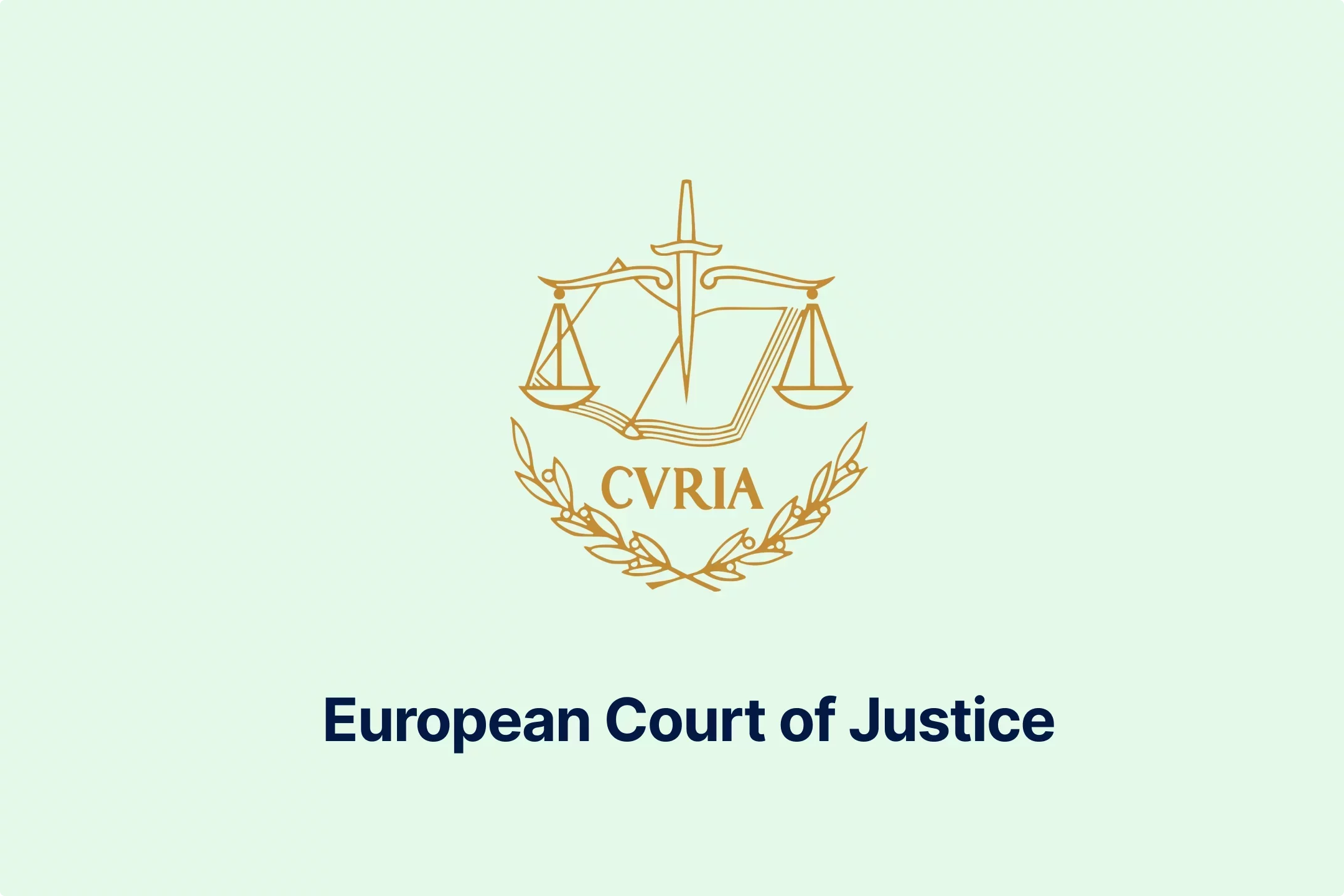
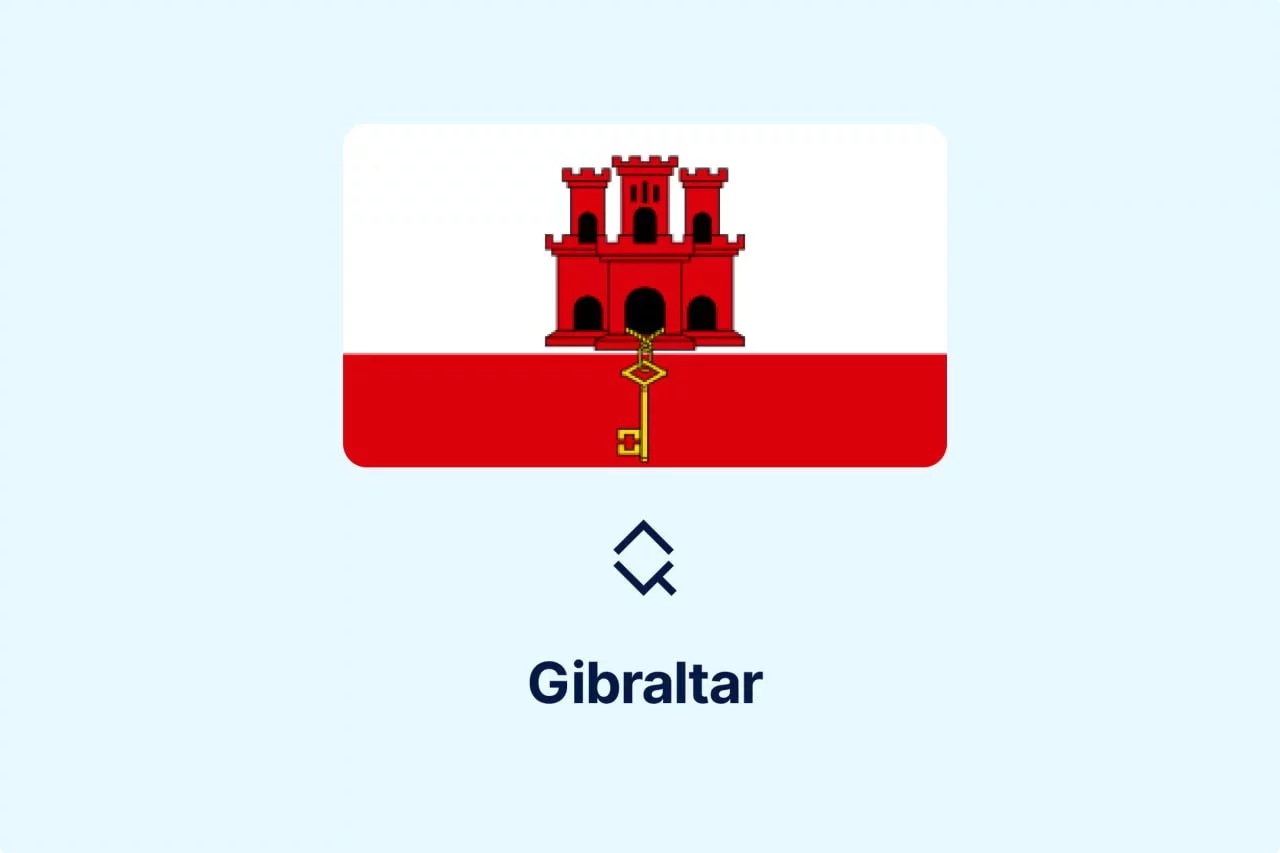
-3rcczziozt.webp)

-rvskhoqpms.webp)




-a5mkrjbira.webp)

-ivkzc1pwr4.webp)




-hssrwb5osg.webp)



-c06xa1wopr.webp)









-webajrr4ny.webp)
-evibmwdwcn.webp)
-7acdre0hop.webp)

-lcgcyghaer.webp)
-ol6mdkdowg.webp)
-aqdwtmzhkd.webp)

-njgdvdxe2u.webp)



-i6rki3jbad.webp)
-hdwgtama05.webp)

-atbhy5fyxv.webp)






-zp2n6zixoa.webp)
-oa1ynbm4sn.webp)

-lltkno6txy.webp)



-do38odrqnq.webp)

-t409oldqzt.webp)

-hordopb6xh.webp)

-ooimnrbete.webp)

-lwb5qpsily.webp)


-eumafizrhm.webp)

-mtqp3va9gb.webp)

-3ewrn1yvfa.webp)
-591j35flz2.webp)

-huj3cam1de.webp)


-hafis0ii23.webp)

-qseaw5zmcy.webp)



-qzsah2ifqx.webp)

-69rzooghib.webp)
-wrvng98m0g.webp)


-psucycuxh2.webp)
-klyo8bn5lc.webp)




-6wv5h5eyyd.webp)
-tfgg78rbid.webp)
-a6jpv9ny8v.webp)
-qhdbapy0qr.webp)

-owvu7zoc13.webp)


-h28jrh1ukm.webp)

-wl9bl1rw3a.webp)

-2w76jtvtuk.webp)

-c0uvrmrq9j.webp)



-pofe7ucwz3.webp)



-5cc23ezxyf.webp)
-rrmabbekeb.webp)







-iyyeiabtaf.webp)
-c8rbjkcs01.webp)
-nilkffjhah.webp)

-hikakq55ae.webp)

-z1d60bldtg.webp)
-d1a0q6n7mp.webp)
-viip8nvoeh.webp)
-bvv1otliox.webp)



-de8hdb1bn3.webp)

-cm0opezg73.webp)
-0tovsdupmi.webp)
-subxdamdj6.webp)


-gly6ablwnh.webp)
-gkduqhwbzh.webp)
-qpe1ld9vcj.webp)
-8noukwsmba.webp)
-aka29tuhkt.webp)


-fisvs27yrp.webp)


-mp0jakanyb.webp)

-aivzsuryuq.webp)



-o7f4ogsy06.webp)

-zjja92wdje.webp)
-hrbhdts8ry.webp)
-qtdkwpgkug.webp)


-cf8ccgah0p.webp)
-0em3cif5s6.webp)






-ptzesl0kij.webp)

-tfzv42pyms.webp)







-uodv7sfbih.webp)
-bbrdfmm9qf.webp)



-m2tl8crfqr.webp)




-1awbqjgpjs.webp)
-avbjsn1k1g.webp)


-0h8ohkx6s0.webp)



-wfmqhtc7i6.webp)
-7wljbof2zo.webp)

-eqt97uyekl.webp)
-wzw9mcf563.webp)

-z4oxr6i0zd.webp)




-fhtic1pwml.webp)

-iipdguuz9p.webp)
-nkhhwrnggm.webp)
-pltqwerr3w.webp)

-nn6mtfbneq.webp)

-tmnklelfku.webp)



-8z1msbdibu.webp)
-7g16lgggrv.webp)



-lxcwgtzitc.webp)
-9mc55kqwtx.webp)


-xla7j3cxwz.webp)
-jrdryw2eil.webp)





-t9qr49xs2u.webp)


-qjopq5jplv.webp)



-vune1zdqex.webp)

-rgjta7iwiv.webp)

-zb6bxxws47.webp)
-lyfjzw4okp.webp)

-ogpfmol5m1.png)


-czisebympl.png)

-zetvivc79v.png)
-ud7ylvkade.png)
-qizq6w2v5z.png)







-ihr6b4mpo1.webp)
-k1j4au0ph6.webp)
-swxxcatugi.webp)


-ig9tutqopw.webp)

-tauoa6ziym.webp)

-spr0wydvvg.webp)
-xfuognajem.webp)





-u2nv5luoqc.webp)








-opuxpan2iu.webp)




-kwttsfd8ow.webp)
-8u14qi10nj.webp)

-wjpr96aq5g.webp)

.png)

.png)


.png)


.png)



.png)
.png)
.png)
.png)
.png)

.png)
.png)



.png)
.png)




































































































































